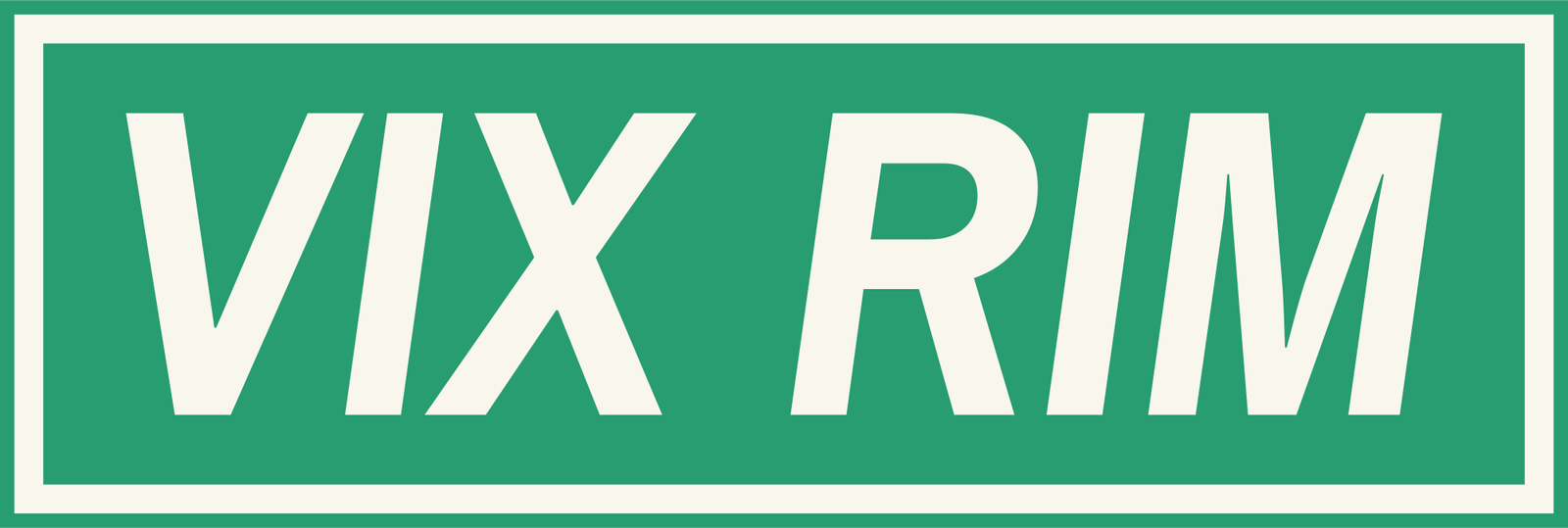Introduction to Compliância
Compliância, derived from the Portuguese word “compliance,” is a multifaceted approach that modern organizations employ to uphold ethical and legal standards in their operations. It encompasses not only regulatory compliance but also the cultivation of a corporate culture centered around integrity, transparency, and accountability. In today’s rapidly evolving business landscape, compliância serves as a guiding framework for organizations to navigate complex regulatory environments while fostering trust among stakeholders.
What is compliância?
Compliância goes beyond mere adherence to laws and regulations; it entails the establishment of robust policies and procedures to promote ethical behavior and mitigate risks. It encompasses a holistic approach to governance, encompassing regulatory compliance, risk management, and ethical standards. By embedding compliância into their operations, organizations demonstrate a commitment to conducting business responsibly and ethically.
Importance of compliância in business
Compliância is essential for organizations seeking to build trust, safeguard their reputation, and mitigate legal and financial risks. In an era marked by increased scrutiny and accountability, compliância provides a framework for organizations to demonstrate their commitment to ethical conduct and corporate responsibility. Moreover, it enhances organizational resilience by equipping businesses with the tools to identify and address potential compliance issues proactively.
Key Components of Compliância
Effective compliância programs comprise several key components that work together to uphold ethical and legal standards within an organization.
Policies and procedures
Central to compliância is the development and implementation of comprehensive policies and procedures that outline acceptable behavior, ethical standards, and regulatory requirements. These policies serve as guiding principles for employees, clarifying expectations and responsibilities regarding compliance and ethical conduct.
Regulatory compliance
Compliância entails ensuring adherence to relevant laws, regulations, and industry standards applicable to the organization’s operations. This involves staying abreast of regulatory developments, interpreting their implications, and implementing measures to ensure compliance across all facets of the business.
Ethical standards
In addition to legal requirements, compliância emphasizes the importance of upholding high ethical standards within an organization. This includes fostering a culture of integrity, honesty, and fairness, and encouraging ethical decision-making at all levels of the organization.
Risk management
Compliância incorporates risk management practices aimed at identifying, assessing, and mitigating risks that could pose threats to the organization’s reputation, financial stability, or legal standing. By proactively addressing risks, organizations can minimize the likelihood of compliance breaches and associated consequences.
Benefits of Compliância
Investing in compliância yields numerous benefits for organizations, ranging from legal protection to enhanced reputation and improved decision-making.
Legal protection
By adhering to regulatory requirements and ethical standards, organizations can minimize the risk of costly fines, lawsuits, and regulatory sanctions. A robust compliância program provides a defense against legal challenges and demonstrates an organization’s commitment to operating within the boundaries of the law.
Enhanced reputation
A strong compliância program enhances an organization’s reputation by demonstrating its commitment to ethical conduct and corporate responsibility. This, in turn, builds trust and credibility with customers, investors, regulators, and other stakeholders, fostering long-term relationships and positive brand perception.
Improved decision-making
Compliância provides a framework for making informed and ethical decisions across all levels of the organization. By establishing clear guidelines and standards, compliância empowers employees to act with integrity and accountability, leading to better decision-making outcomes and reduced risk of misconduct.
Better risk management
By identifying and mitigating risks proactively, compliância helps organizations navigate challenges and uncertainties more effectively. By implementing robust risk management practices, organizations can anticipate potential threats, minimize their impact, and capitalize on opportunities for growth and innovation.
Implementing Compliância in Business
Implementing an effective compliância program requires a concerted effort involving leadership commitment, employee engagement, and ongoing monitoring and enforcement.
Assessing current practices
The first step in implementing compliância is to assess the organization’s current practices, identify areas of strength and weakness, and determine the necessary steps for improvement. This may involve conducting a comprehensive review of existing policies, procedures, and controls to identify gaps and areas for enhancement.
Developing policies and procedures
Based on the assessment, organizations should develop and implement comprehensive policies and procedures that reflect legal requirements, industry standards, and ethical principles. These policies should be communicated effectively to employees and regularly reviewed and updated to ensure their effectiveness and relevance.
Training employees
Employees at all levels should receive training on compliância policies, ethical standards, and their role in upholding them. Training programs should be tailored to the specific needs of different departments and job roles, emphasizing the importance of compliance and ethical conduct in day-to-day operations.
Monitoring and enforcement
Compliância requires regular monitoring and enforcement to ensure compliance with policies and procedures. This may involve implementing internal controls, conducting audits and assessments, and establishing reporting mechanisms for employees to raise concerns or report violations. Enforcement measures should be fair, consistent, and proportionate to the severity of the violation.
Challenges in Compliância
Despite its importance, implementing and maintaining compliância can pose significant challenges for organizations.
Keeping up with regulations
The regulatory landscape is constantly evolving, making it challenging for organizations to stay abreast of new laws and regulations that may impact their operations. This requires ongoing monitoring and interpretation of regulatory developments to ensure compliance with changing requirements.
Cultural resistance
Resistance to change and cultural norms within an organization can hinder the adoption of compliância practices, particularly in hierarchical or traditionally structured organizations. Overcoming cultural resistance requires effective communication, leadership commitment, and ongoing efforts to cultivate a culture of compliance and accountability.
Resource constraints
Smaller organizations or those with limited resources may struggle to allocate the necessary time, manpower, and financial resources to implement robust compliância programs. This may require prioritization of compliance efforts based on risk assessment and leveraging available resources effectively to achieve compliance objectives.
Tips for Successful Compliância
While navigating the complexities of compliância can be daunting, there are several key principles that organizations can follow to enhance the effectiveness of their compliância efforts.
Leadership commitment
Leadership commitment is essential for fostering a culture of compliância throughout the organization. Executives and senior managers should lead by example and prioritize ethical behavior and compliance, demonstrating a clear commitment to compliância principles.
Employee engagement
Engaging employees at all levels in the compliância process fosters a sense of ownership and accountability. Employees should be encouraged to participate in training and compliance initiatives, raise concerns or report violations, and contribute to the continuous improvement of compliância practices.
Regular assessments and updates
Compliância programs should be regularly assessed and updated to reflect changes in laws, regulations, and industry standards. This ensures that the program remains effective and relevant in the face of evolving risks and challenges, allowing organizations to adapt to changing compliance requirements proactively.
Case Studies
Several organizations have successfully implemented compliância programs, serving as examples of best practices in ethical and legal compliance. These case studies highlight the benefits of compliância and provide insights into effective strategies for implementation and management.
Future Trends in Compliância
Looking ahead, several trends are poised to shape the future of compliância, including advancements in technology and the increasing impact of globalization on regulatory frameworks. Organizations must stay vigilant and proactive in anticipating and addressing emerging compliance challenges to remain competitive and resilient in an ever-changing business environment.
Conclusion
In conclusion, compliância is essential for organizations seeking to navigate the complexities of the modern business environment while upholding ethical standards, mitigating risks, and ensuring long-term success. By investing in compliância, organizations can protect themselves against legal and reputational risks, enhance their reputation, and foster a culture of integrity and accountability.
FAQs
What is the difference between compliance and compliância?
Compliance refers to adhering to specific laws and regulations, while compliância encompasses a broader approach that includes ethical standards and risk management. While compliance focuses on meeting legal requirements, compliância emphasizes ethical behavior and proactive risk management.
How does compliância benefit small businesses?
Compliância helps small businesses navigate regulatory requirements, build trust with customers and stakeholders, and mitigate legal and reputational risks. By implementing robust compliância programs, small businesses can demonstrate their commitment to ethical conduct and corporate responsibility, enhancing their credibility and competitiveness in the market.
Can compliância prevent financial scandals?
While compliância cannot guarantee the prevention of financial scandals, it can mitigate the risk by establishing robust internal controls, ethical standards, and risk management practices. By promoting transparency, accountability, and ethical behavior, compliância reduces the likelihood of misconduct and unethical behavior, minimizing the potential impact of financial scandals on the organization.
What industries require strict compliância?
Industries such as finance, healthcare, and pharmaceuticals, which are heavily regulated and deal with sensitive data, typically require strict compliância programs. These industries are subject to stringent regulatory requirements and face significant legal and reputational risks, making compliância essential for ensuring compliance and mitigating risks effectively.
How often should compliância policies be reviewed?
Compliância policies should be reviewed regularly to ensure they remain up-to-date and effective in addressing evolving risks and regulatory requirements. While the frequency of policy reviews may vary depending on factors such as industry regulations and organizational needs, it is generally recommended to conduct reviews at least annually or as significant regulatory changes occur.

